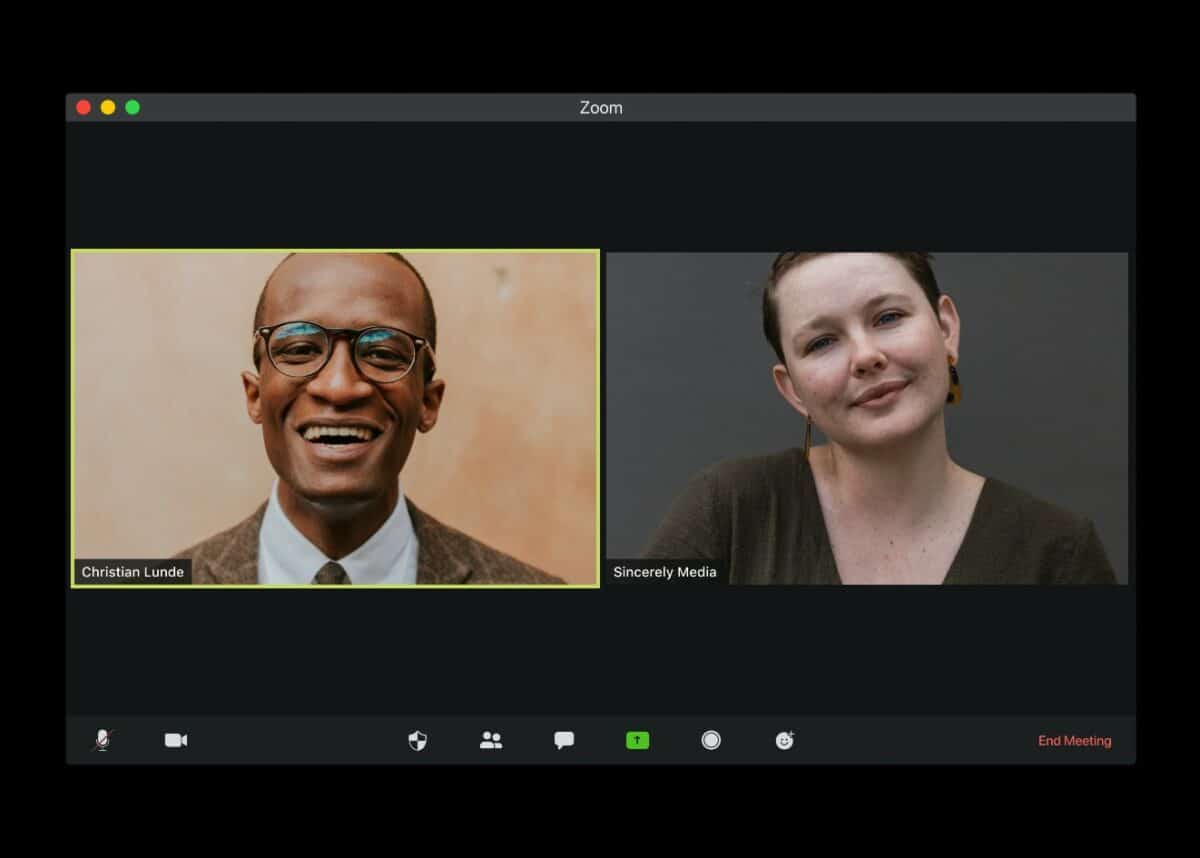David Weitzner, York University, Canada
The pandemic has exacerbated an already troubling trust deficit across political, economic and demographic divides.
Research shared just before the pandemic’s onset uncovered that millennials are reluctant to trust government, business leaders, corporations, social and mass media or even traditional social institutions.
Meanwhile, a recent Canadian survey found that half of respondents believe business leaders are purposely trying to mislead them, and just under half believe the same about government. The decline in trust is understandable, a predictable consequence of very real failures in leadership.
But something else is happening as well. The pandemic has forced most of us to move our lives on to screens. And as we get more comfortable hiding behind screens, rarely receiving and making eye contact, we are also handicapping our ability to trust.
Trust is the bedrock of civilization, and living through screens is taking a significant psychological toll. Researchers have found that real and direct eye contact holds our attention.
As psychologist Christian Jarrett explains, eye contact forces us to make sense of the fact that we are dealing with the mind of another person looking at us, and shapes our perception of that other who meets our gaze. Perhaps most importantly for this context, direct eye contact promotes trust when folks are saying things that we’re not so sure about.
Trust and puppetry
Announcements of a Zoom-infused future — like recent news that Ontario schools boards must offer virtual learning as an option for the entire 2021-22 school year, or that certain businesses are selling off their real estate and making a permanent shift to remote work — are very worrisome.
In researching my book, Connected Capitalism, I watched award-winning puppeteer Ronnie Burkett not only delight an audience, but call on them to perform essential tasks in the show, like adjust the lighting, music and act out supporting roles as amateur puppeteers.
When I asked Burkett how he got a diverse crowd of strangers to trust one another enough to work together in this unexpected manner, he attributed it to eye contact. He explained that we declare ourselves with eye contact. A gaze is like saying “I disagree with you but keep talking to me.”
Burkett’s eye contact invited attachment and a feeling of safety for the audience. But feeling safe doesn’t mean we aren’t expected to be active. It simply enforces the sense that we can trust our cooperative partners; that they have our best interests at heart even as we are challenged to push ourselves to do something novel. https://www.youtube.com/embed/Cn6HYOJzwZM?wmode=transparent&start=0 Ronnie Burkett talks about how audiences and puppets can interact in his shows.
Re-establishing trust
And now, in the age of Zoom, it is challenging to find and maintain eye contact. This single most powerful tool for fostering trust and strengthening relationships has largely gone missing. So what can we do to fix it?
First, knowing all this, make an extra effort to engage in and receive eye contact in all of your off-screen, in-real-life interactions.
Second, compensate for the loss of this tool with an effort to project trustworthiness. Jay Barney, a professor in strategic management at the University of Utah, defines trustworthiness as the attribute of being worthy of the trust of others in not exploiting any adverse selection or moral hazard.
What is the difference, then, between trust and trustworthiness? Trust is a mutual effort allowing an existing relationship to operate with minimal stress. Seeking to be seen as trustworthy, on the other hand, is an individual initiative directed at those who we have yet to meet. It need not be reciprocated to be valuable. And it will enable us to partially compensate for the trust deficit in the post-Zoom era as we re-enter the world to try and build connections.
Third, normalize friendship in spaces that need trust. Viewing friendship as, for example, a meaningful work resource may seem strange. But as social beings, we constantly engage in efforts to influence others to collaborate or co-operate.
What motivates co-operation? Sometimes I co-operate with you because I believe that doing so is consistent with my principles, so trust is a secondary consideration.
But sometimes co-operation is born of a relational motivation, based on the need for identification through social relationships. This means that I choose to co-operate with you because I want and expect to establish or maintain a satisfying relationship with you, usually based on reciprocity. Here, trust looms large. And if I can’t stimulate it with eye contact, I can compensate with the language of friendship.
This notion may not sit well with some. But cutting-edge research demonstrates the decision to engage in pro-social behaviours stems primarily from intuition. When we co-operate, it’s not because we engaged in a deep analysis and calculated it as worthwhile. It’s actually because of feelings. Without eye contact, we need to boost these relational feelings with words.
Bottom line? Trust after Zoom will be tough. But projecting trustworthiness and friendship in places where we are used to being more transactional can help.
David Weitzner, Assistant professor, Administrative Studies, York University, Canada
This article is republished from The Conversation under a Creative Commons license. Read the original article.












